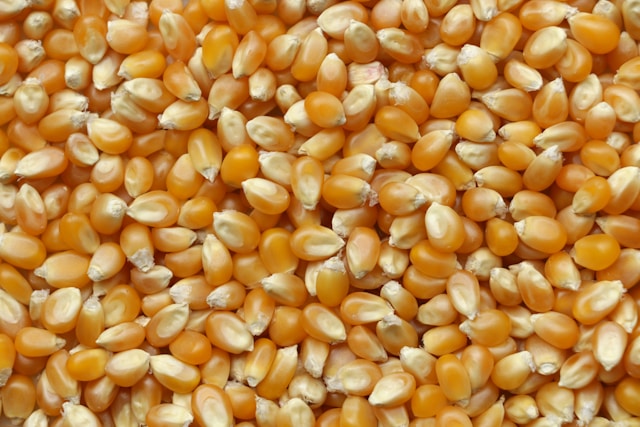A New York Times profile highlights how Pivot Bio is revolutionizing agriculture with its genetically modified bacteria, offering significant benefits for farmers and the environment.
California-based Pivot Bio, a member of the Biotechnology Innovation Organization (BIO), specializes in genetically modifying soil bacteria to enhance nutrient availability for crops, thereby reducing the need for chemical fertilizers and minimizing environmental impact.
“Just five years after they were introduced, the seeds are being used on 5 percent of American corn crops,” according to The New York Times. “Pivot estimates that last year its treated seeds prevented the release of an estimated 706,000 metric tons of carbon dioxide equivalent—comparable to the greenhouse gasses from burning 1.5 million barrels of oil,” explains The Times.
Satisfied farmers, interested investors
The seeds are popular because they work.
“Two years ago, [Illinois farmer Jim Purlee] started to use Pivot’s treated seeds that are coated with the genetically modified bacteria. The result, he said, has been more robust plants grown with less fertilizer,” the New York Times reports. “An acre of corn typically uses about 180 pounds of chemical fertilizer; Mr. Purlee was able to shave off 40 pounds by using Pivot’s product.”
Pivot’s work has drawn a lot of interest and investment from groups led by Bill Gates and Al Gore.
Other biotech companies, including BIO member Ginkgo Bioworks, are working on similar innovations in a quest to reduce the need of chemical fertilizers, according to the reporting.
Genetically modified foods raise concerns from those who don’t understand the science, with some naysayers suggesting that “modified soil microbes could trigger a genetically engineered doomsday,” according to The Times.
These concerns are unwarranted, but the threat to the climate is real, an expert explains.
“Basically, you have to pick here,” says Dr. Christopher Voigt of MIT, a leading expert in biological engineering and a collaborator with Pivot Bio. “Greenhouse gas emissions or the use of a genetically modified organism. You have to make a choice. You can’t address the challenge without technology.”




